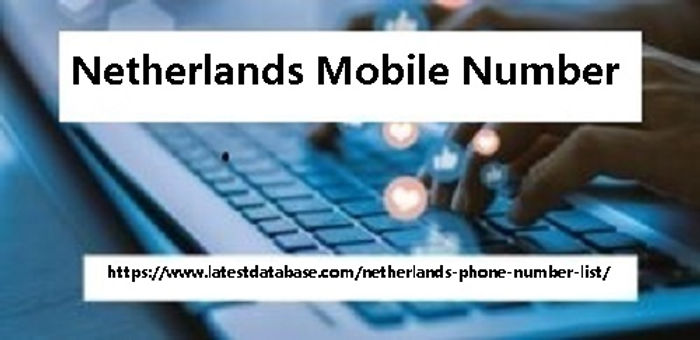Post by account_disabled on Feb 22, 2024 6:12:31 GMT
Login is the process in which users enter their username and password to access secured areas of the website such as the admin panel. It is also possible to configure logins for visitors allowing them to access special content or features available only to registered users. The login process can be customized and extended using various modules and plugins that offer additional options such as social media login additional security and custom login forms. Joomla favicon what is it? A favicon is a small icon usually × pixels that appears next to a URL in the browser's address bar and in browser tabs. This is an important element of the website's visual identification. Why are favicons important? Recognition Favicon helps users find your site among open browser tabs.
Professionalism Favicona demonstrates professionalism and attention to detail. How to add a favicon to Joomla? You can add a favicon to your site by placing the favicon.ico file in your site's root directory. There are also Joomla extensions that make it easier to add and manage favicons. Joomla antivirus protection of your website Joomla-based websites as well as other CMS platforms Netherlands Mobile Number are vulnerable to hacker and malware attacks. Antivirus protection helps detect and eliminate malware which is crucial to the security of user data and website integrity. Joomla antivirus solutions There are specialized Joomla extensions that provide security and antivirus protection. It is also worth using companies that offer comprehensive security solutions for Joomla websites. Security best practices Regularly update Joomla and all extensions to the latest versions.

Use strong passwords and secure the administration panel. Back up your site regularly. Securing your Joomla site from threats is essential to keeping it running safely and efficiently. By using appropriate antivirus protection measures you will provide a better user experience and protect your data from potential threats. Summary how to position websites on CMS Joomla? Joomla! is an advanced CMS system that offers a wide range of functions enabling the creation of various types of websites - from blogs through information portals to complex online stores. This system is highly flexible which means that users with appropriate technical knowledge can adapt it to their individual needs. Joomla! it is also search engine friendly which is crucial in today's digital world. Thanks to built-in SEO tools and the ability to install additional extensions users can optimize their websites for better positioning in search results.
Professionalism Favicona demonstrates professionalism and attention to detail. How to add a favicon to Joomla? You can add a favicon to your site by placing the favicon.ico file in your site's root directory. There are also Joomla extensions that make it easier to add and manage favicons. Joomla antivirus protection of your website Joomla-based websites as well as other CMS platforms Netherlands Mobile Number are vulnerable to hacker and malware attacks. Antivirus protection helps detect and eliminate malware which is crucial to the security of user data and website integrity. Joomla antivirus solutions There are specialized Joomla extensions that provide security and antivirus protection. It is also worth using companies that offer comprehensive security solutions for Joomla websites. Security best practices Regularly update Joomla and all extensions to the latest versions.

Use strong passwords and secure the administration panel. Back up your site regularly. Securing your Joomla site from threats is essential to keeping it running safely and efficiently. By using appropriate antivirus protection measures you will provide a better user experience and protect your data from potential threats. Summary how to position websites on CMS Joomla? Joomla! is an advanced CMS system that offers a wide range of functions enabling the creation of various types of websites - from blogs through information portals to complex online stores. This system is highly flexible which means that users with appropriate technical knowledge can adapt it to their individual needs. Joomla! it is also search engine friendly which is crucial in today's digital world. Thanks to built-in SEO tools and the ability to install additional extensions users can optimize their websites for better positioning in search results.
